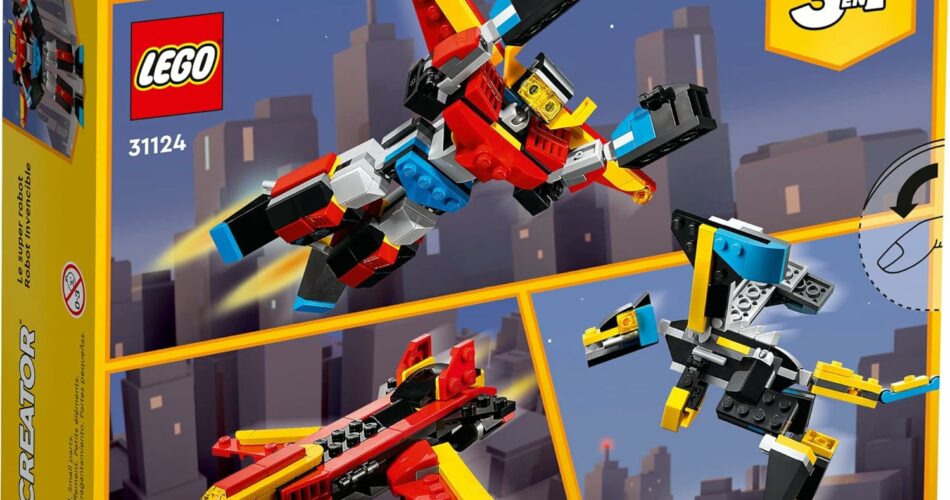I had the opportunity to facilitate the Lego Carpaccio Serious Game! In essence, this engaging session is devised to shed light on the challenges of commitment when the reference frame is unclear, and the significance of empiricism within an agile methodology. This session is a great starting point for those looking to facilitate their first serious game. It’s open to everyone, with no prerequisite for extensive knowledge (like understanding what a sprint, a team, or a project is).
The workshop allows for exploration of several themes:
- The concept of iteration (or Sprint)
- The crucial role of collective commitment
- The significance of collaboration and familiarity with team members
- The necessity for plan development
Each iteration provides an opportunity to:
- Enhance the work process
- Adapt to emerging information
- Better fulfil project prerequisites
The dedication of team members is pivotal to:
- Guarantee project success
- Enhance collaborative efforts
Workshop Preparation
For this workshop, you only need to form groups of no more than 4 individuals. The planning is straightforward and largely depends on the availability of resources: if you have Lego sets, a few tables, markers, and a board, you’re set to go!
Initially, teams are given a Lego set along with its instructions (the specification) and they have to pledge their capability to build the required model: “To what extent do we believe we can commit ourselves?”. Subsequently, they get into action for 3 to 5 minutes (a single iteration).
At the conclusion of each iteration, we juxtapose the commitment with the actual output and the facilitator solicits a fresh commitment from the participants.
Following the workshop, teams reflect on how they capitalized on the insights garnered during the exercise to make commitments that are progressively more realistic. It’s interesting to question if all stages of the Lego plan necessitate the same production effort.
Should two projects (two Lego sets) be compared?
Beyond the discussion on experience gained and commitment adjustment, it’s also intriguing to observe how participants grow familiar with one another and enhance their collaboration as the workshop progresses. Furthermore, does a larger team simplify or complicate collaboration?
Observing the progression of collective intelligence through iterations is another crucial facet.
The Lego Carpaccio workshop is a derivative of Alistair Cockburn’s Elephant Carpaccio and was brought to life by Matthieu Salikhov.
Wrap-Up
Post-workshop, teams deliberate on how they leveraged the lessons learned during the exercise to make increasingly precise commitments. They also monitor the transformation of their working relationships, recognizing how they’ve learned to understand each other better, identify each other’s strengths and weaknesses, and modify their approach accordingly.
They also gain a deeper understanding of the product and reorganize themselves, assigning specific roles (or not) and adjusting their approach accordingly. It’s also worth pondering if all stages of the Lego plan demand the same production effort.
The workshop serves to foster not only adaptability but also team unity and product familiarity.
I extend my gratitude to Nicolas Tondeur and Camille Maquette for introducing me to this game! A piece about the exploration of serious games is available for reading.
Explore the Lego Carpaccio Serious Game, an experiential workshop aimed at emphasizing the significance of collective commitment, collaboration, and planning in an agile environment. This workshop aids teams in refining their work methodologies, adapting to new information, and meeting project needs efficiently.
